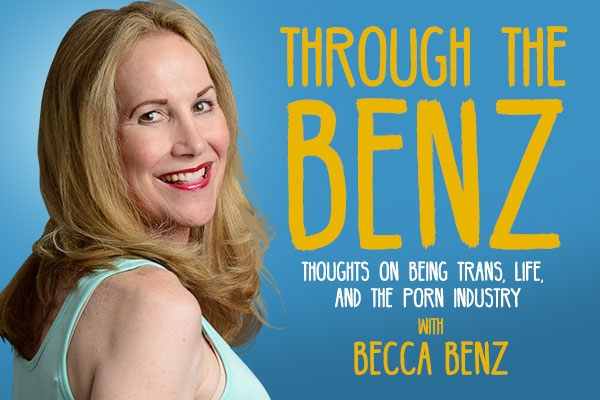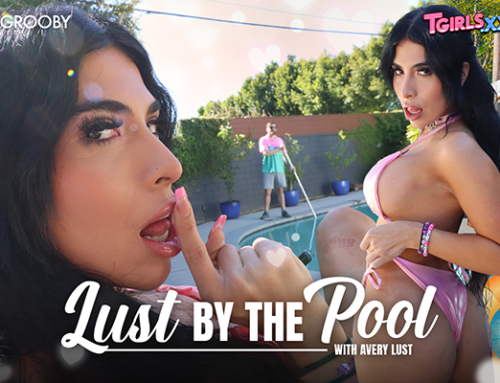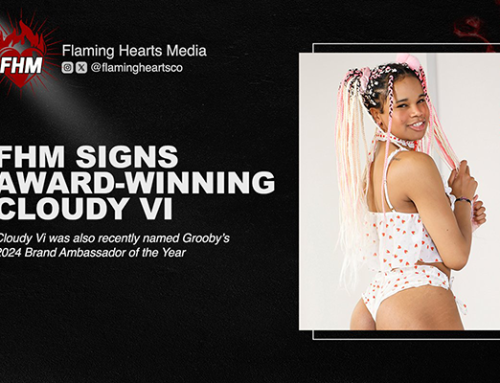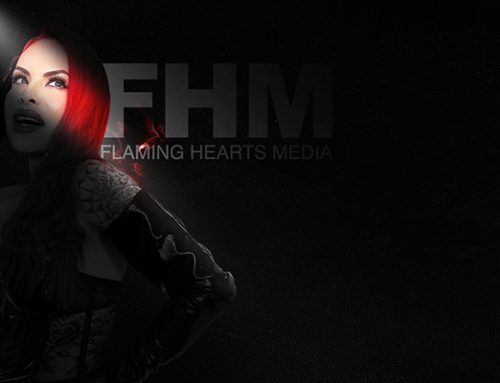Trans Identity: Who’s Who, And What Does It Matter

NOTE: These are my own views and I certainly don’t expect everyone to agree with them, or imply that my views are the only ones which are correct. Everyone has their own opinions and who is to say one person’s opinion is better or more correct than anyone else’s. This is a topic which I’ve been thinking about for a while and has come up in several interviews and been a very hot topic on social media, so this is my attempt to make sense of a confusing and troubling issue.
One of the biggest issues we in the trans community face is being labeled: a “guy in a dress,” a “freak,” a “pervert.” We have fought long and hard to be accepted for who we are. Yet there seems to be a large number of trans women who feel the need to judge other trans woman and decide whether or not someone is actually trans, and even if they are being trans the “right way.” It seems to me that’s just a tad bit hypocritical; haven’t we as a community learned anything about being judged and labeled? Haven’t we all agreed that gender is a spectrum and fought against the whole idea of gender being binary? And yet here we are, having people in our own community telling others they aren’t really trans. Excuse me, but what right do any of us have to judge anyone else? And did I not get the memo about the “correct way” to be trans, because I sure thought we were all individuals and there was no right or wrong to be trans, just as there is no right or wrong way to be human.
So, what exactly determines whether someone is trans? Who “qualifies” as being justified in calling themselves trans? It seems like a simple question, but it’s gotten to be very contentious and led to a lot of bickering and divisiveness within our community. Whomever “our community” is, since that is the topic of discussion. One of the challenges in writing about this is that not everyone agrees with the gender identity terminology, so let’s begin with some basic definitions. These definitions are ones which seem to be the most commonly accepted, and I realize not everyone will agree with them, but for the sake of clarity these are what I’m going with:
Drag Queen: A drag queen is a male who dresses in drag to perform and often acts with exaggerated femininity and will embellish certain characteristics such as make-up and eyelashes for comic, dramatic or satirical effect. Performing in drag is performance art and generally has no connection to gender identity or sexuality.
Transvestite: Transvestites are individuals who wear clothing of the opposite gender primarily for erotic arousal or sexual gratification, although some do it for emotional or psychological reasons as well.
Cross-dresser: Cross-dressers are individuals who wear clothing of the opposite gender primarily for emotional or psychological reasons.
Transsexual: Transsexuals are individuals who strongly feel that they are, or ought to be, the opposite sex. The body they were born with does not match their own inner conviction and mental image of who they are or want to be. Nor are they comfortable with the gender role society expects them to play based on that body. This dilemma causes them intense emotional distress (dysphoria) and often interferes with their day-to-day functioning. There are male-to-female (MTF) and female-to-male (FTM) transsexuals, as well as pre-operative (pre-op), post-operative (post-op) or non-operative (non-op).
Transgender: There are two common definitions for the term “transgender.” One is the general term for all people who have a conflict with or a question about their gender. This includes transsexuals, cross-dressers, etc., and anyone else along the gender spectrum. The other definition of transgender covers individuals who visually present as and live in the role opposite their anatomical sex, but who do not make any actual physical changes.
So, having gone over the definitions, let’s make a few quick observations.
Transvestite is an outdated term which is generally not used by anyone with knowledge of trans people and issues; it only seems to be used by those who are uninformed as a derogatory term to demean a trans person. So for the purposes of this column, transvestite will not be included in the discussion.
I understand and agree with those who say that drag-queens should not be considered trans. Drag-queens are performers and their gender identity has nothing to do with their performance; they are no different than any other performer whether it be movies, theater, etc. So, drag-queens won’t be included in this discussion either.
And now things get a bit murkier.
Cross-dressers often have a mentality that could almost be described as living in a fantasy world where they occasionally indulge their desires to dress up and then return back to their regular life. It seems like their main focus is on the clothing and taking lots of pictures to post online. Trans people, on the other hand, live the life and are invested in the community and the issues that affect trans people and the trans community. It is their real life, not just a part-time fantasy life that gets taken out every so often to play with before being put away. You could almost say there is a different mentality, or even a large cultural difference between cross-dressers and trans people. Having said that, things get a bit complicated by the fact that many of us, myself included, considered ourselves cross-dressers before we made the decision to transition. And to make things even confusing, what about the people who consider themselves trans women or men but don’t choose to live full-time as their preferred gender for whatever reason? Does that makes them any less trans? In my humble opinion, it does not.
So, where does this leave us? Even more confused than ever. It’s the whole labeling thing which is the sticky wicket. There are many in the trans community who want nothing to do with anyone who considers themselves a cross-dresser, even going so far as to unfriend or block them on social media. And to a certain extent, I can understand this, although I’ve never unfriended or blocked anyone because of it, but I don’t really want to see a million pictures of your heels or pantyhose, or hear about how you’re a sissy and want to forcibly feminized. On the other hand, there are many cross-dressers who are simply unable to transition because of life circumstances or because they don’t feel the need to transition because they’re happy with the way things are. As I mentioned earlier, it’s a vastly different mindset, or almost a cultural difference. So how do we differentiate between the fetishistic cross-dresser versus the cross-dresser who will eventually go on to transition? Beats me. We could develop more labels, but that seems kind of counterproductive, and hypocritical, and will continue to cause more divisiveness in our community. Or, we could actually stop worrying about it and stop judging others and focus on our own lives. Otherwise known as acceptance. I know, right, what a novel idea?
I think the bigger issue is what does it matter who is trans? Don’t we all agree that gender is a spectrum, and there is no right or wrong way to be trans? Isn’t it counter-productive, and extremely hypocritical, to be labeling and excluding people from our own community? Why are so many in the trans community wasting so much time and effort pursuing this when there are many more pressing issues to deal with in this country, such as all the hate and discrimination coming from the Trump Administration. Now more than ever we need to stand together and fight for our rights, not tear our community apart from within. And as if it weren’t obvious, nothing would please all the conservatives and haters more than watching our community come unraveled from all this petty bickering, because we’d be giving them exactly what they wanted; a weaker trans community with less of a voice and less power.
And really, how can we expect cis-gender people to understand and accept us when we apparently don’t even understand ourselves well enough to agree upon who is actually trans?










 Any misuse, unauthorised use or copyright infringement of these images whatsoever will be met by criminal and civil litigations WITHOUT FAIL. Comments and problems to Webmaster.
Any misuse, unauthorised use or copyright infringement of these images whatsoever will be met by criminal and civil litigations WITHOUT FAIL. Comments and problems to Webmaster.